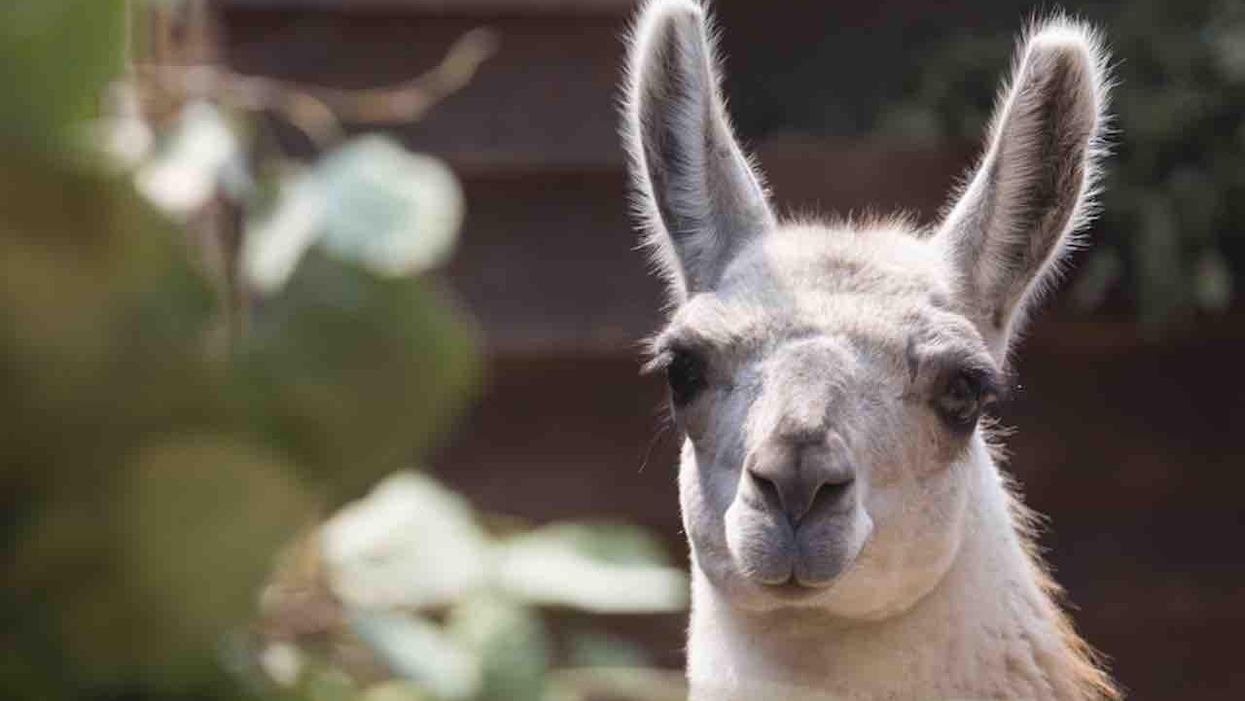
Photo by Alexei Kushnirenko/TASS via Getty Images

Researchers in Belgium said llama antibodies lessen the harmfulness of COVID-19, Reuters reported.
Antibodies were extracted from a llama — whose name is Winter — and the VIB-UGent Center for Medical Biotechnology in Ghent said laboratory testing also revealed that variant virulence was curtailed, the outlet said.
Dominique Tersago — chief medical officer of ExeVir, a VIB-UGent spinoff — said the technology is a potential "game-changer" but would supplement rather than replace vaccines by protecting people with weaker immune systems and treating infected people in hospitals, Reuters said.
More from the outlet:
Unusually small, llama antibodies are able to bind to specific part of the virus's protein spike and "at the moment we're not seeing mutations of a high frequency anywhere near where the binding site is," she said.
The antibodies also showed "strong neutralization activity" against the highly infectious Delta variant, she added.
Researchers expect clinical trials in healthy volunteers, started last week in partnership with Belgian pharmaceutical company UCB, along with those in hospitalized patients, to be similarly effective.
Winter — the llama in question — produces versions of conventional antibodies that are smaller, more stable, easier to reproduce, and more versatile than antibodies from other mammals, VIB-UGent group leader Xavier Saelens told Reuters.
"Their small size ... allows them to reach targets, reach parts of the virus that are difficult to access with conventional antibodies," Saelens added to the outlet.
The National Institutes of Health in December 2020 said its researchers isolated antibodies against COVID-19 from "a llama named Cormac."
The NIH said researchers "immunized Cormac five times over 28 days with a purified version of the SARS-CoV-2 spike protein. After testing hundreds of nanobodies they found that Cormac produced 13 nanobodies that might be strong candidates."
In the end, a nanobody called NIH-CoVnb-112 bound to the ACE2 receptor 2 to 10 times stronger than nanobodies produced by other labs, the NIH said, adding that the team then demonstrated that the NIH-CoVnB-112 nanobody could be effective at preventing coronavirus infections.
Dave Urbanski
Sr. Editor, News